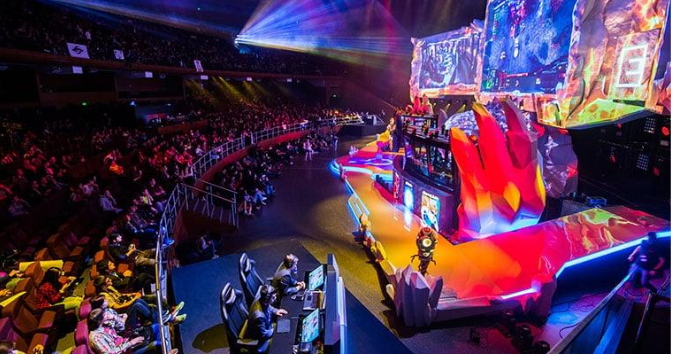Despite the tremendous growth the video gaming industry has in the last decade, there’s still a wide misconception that esports is the same as i-gaming (real-money gaming). This confusion extends to fantasy sports, fueled by the boom witnessed in digital entertainments in 2020. This boom was mainly witnessed in esports and real-money gaming, leading to growing concerns that structural boundaries between the two might become undisguisable if left unaddressed.
The decline in the structural boundaries comes down to generational differences and nomenclature, the unpopularity of etymology today, and the confusion of what some words mean. For instance, gaming refers to playing video games, while i-gaming covers online betting of events online using real-world currency. As such, i-gaming is all about internet for-profit games like online bingo, online poker, lotteries, sports betting, and online casinos. You can get the Rizk sports and casino bonus codes here to enjoy these games.
Gaming is also a formalized expression of play, with games coming in different genres and types. They can feature everything from roleplaying or social play to board games like Scrabble and Monopoly. They also include video games played on consoles like FIFA and Call of Duty and electronic games played through a smartphone or a computer.
How is esports different from fantasy gaming and gambling?
In online fantasy gaming, the players wager on sports on the internet all round the clock. However, fantasy sports have a major betting element that requires you to pay money for registering your virtual team to compete against other teams. The winners get their money from the losers, although the platform takes a cut. The activity is legal in most states, as courts have ruled that choosing your fantasy team’s players requires a strategy and hence different from gambling.
On the other hand, real-money gaming means the distribution, promotion, advertising, sale, and offering of any game played through online media where players can wager on the game’s outcome using real cash.
Most people also confuse esports with fantasy gaming mainly because of the virtual competition space skills based on real sports. However, the difference with gambling is that it’s a game of chance, but esports is a skill game. Nonetheless, many older people confuse real money gaming (i-gaming) with esports.

How the esports industry is different
The esports industry has grown tremendously over the last few years, rising from 385 million to 454 million in 2019. This rapid growth has made the industry an inviting field for gambling operators to have the incentive for it to be recognized using the same term. However, most countries recognize esports as a sport and will be part of the 2021 Asian Indoor and Martial Arts Games.
Basically, esports is competitive video gaming coordinated by different leagues, with players participating in different group competitions. The viewers can watch gamers going against each other in various games. The rise of esports as a spectator sport with millions wagered on the outcome has also inspired the development of various competitive video gaming communities.
You can check out more opinion pieces like this by clicking right HERE.